The CARE Therapeutic Framework (Now known as The CARE Curriculum):
A Whole-Of-Service Training and Implementation Programme
Author/Developer: Colby Pearce, Clinical Psychologist
The CARE Therapeutic Framework[1] is an evidence-informed, strengths-based approach. It draws attention to conventional aspects of caregiving and relating that support optimal developmental outcomes for children. The CARE Therapeutic Framework is trauma-informed. It supports recovery for children whose first care environment was inadequate, such that placement in out-of-home care was necessary. The CARE Therapeutic Framework is also a practice framework. It supports the delivery of accountable social care services that promote carer fidelity to the Framework and optimal outcomes for children.
The CARE Therapeutic Framework does not seek to replace other approaches to trauma-informed, therapeutic re-parenting of children, and support for their carers. Rather, the Framework offers a back-to-basics approach that forms a solid foundation to build on. As a strengths-based approach, the CARE Therapeutic Framework complements other strengths-based approaches.
Central to the CARE Therapeutic Framework is the development of knowledge and understanding of the reasons why people behave in the manner that they do, and competencies that support these reasons being addressed. This is central to addressing one of the main casualties of adverse care – namely, the experience of having one’s needs met reliably and predictably that is the foundation for secure dependency and optimal developmental and interpersonal outcomes. The CARE Therapeutic Framework endeavours to promote addressing needs as a fundamental caregiving priority, as opposed to simply addressing behaviour(s) of concern in isolation of needs.
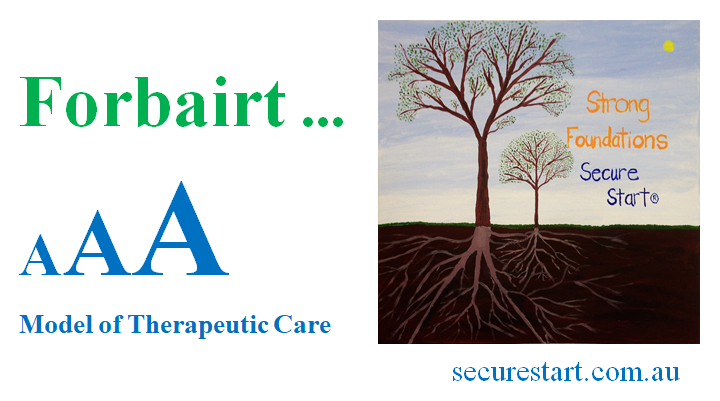
The CARE Therapeutic Framework utilises the Triple-A Model[2] to support understanding of the reasons why people, including children who have experienced adverse care, behave in the manner that they do. The CARE Therapeutic Framework is drawn from the Triple-A Model of Therapeutic Care[3], a comprehensive approach to trauma-informed re-parenting of children recovering from adverse care that is in it’s sixth year as the preferred model of care for TUSLA (Child and Family Agency) foster- and relative-carers in Donegal, Ireland.
The CARE Therapeutic Framework promotes human Connection as a primary task[4], where the primary task is defined as the one task that we need to get right and upon which the success of all endeavour rests. There is a robust and ever-growing evidence base for the role of connection in supporting optimal emotional and behavioural outcomes for young people and adults alike[5], [6], [7].
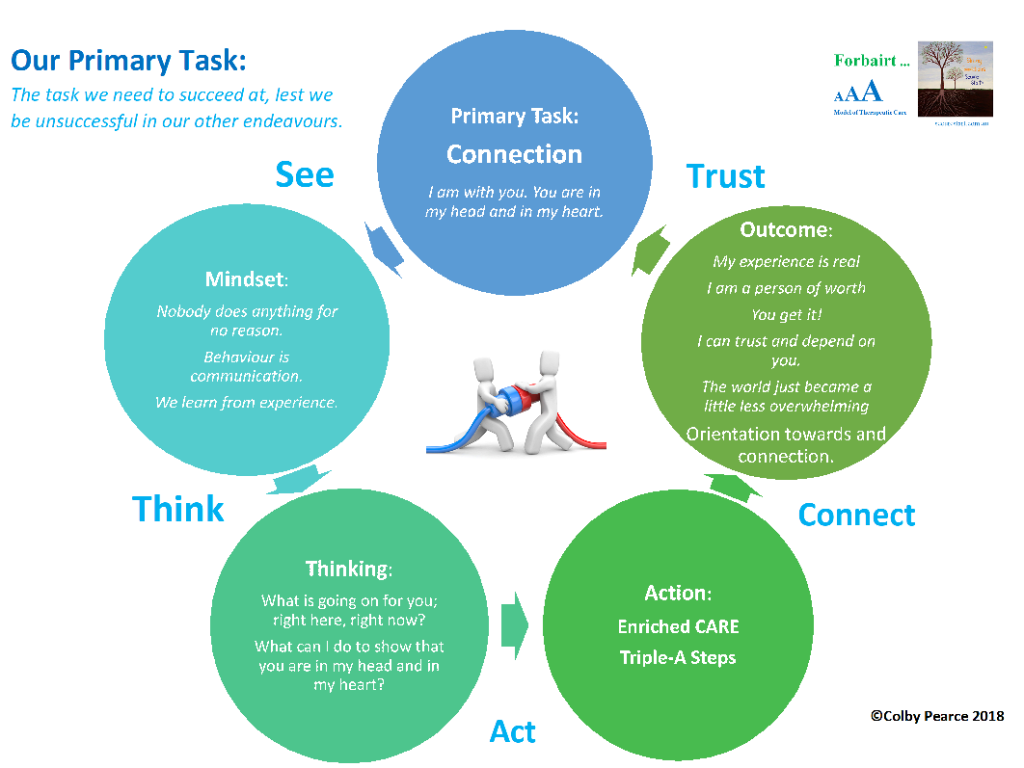
The Kinship CARE Project
In March 2018 agreement was reached to implement the CARE Therapeutic Framework in the Department for Child Protection (DCP) Kinship Care Program in South Australia; inclusive of implementation training among kinship carers, Program staff and DCP psychology staff. The Kinship CARE Project was born. The project aims included:
- Implement the CARE Therapeutic Framework in the Kinship Care Program in South Australia;
- Establish a common knowledge, language and approach among kinship carers, kinship care support workers, and psychologists who support both;
- Develop competencies related to trauma-informed, therapeutic re-parenting of children in kinship care, and competencies in the implementation of a practice framework that supports fidelity to the therapeutic re-parenting approach;
- Develop competencies in self-care;
- Support empowerment and self-efficacy in the respective roles of participants of the program; and
- Improve connections between kinship children and their carers (reduce placement breakdowns and support attachment security), and connections between kinship carers and Agency staff who work in the kinship care space.
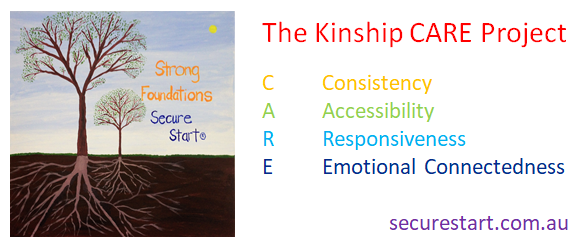
Kinship CARE Project Implementation Methodology
Training for kinship carers incorporates four half-day workshops, scheduled two-weeks apart, followed by a call-back session three months after the initial four sessions. The format of the implementation sessions is as follows:
Session 1:
- What is therapeutic care and what does it require of you?
- The importance of achieving connection as a primary task.
Session 2:
- Enriching children’s experience of caregiver consistency and accessibility.
- Self-Care (Part 1)
Session 3:
- Enriching children’s experience of caregiver responsiveness.
Session 4:
- Enriching children’s experience of caregiver emotional connectedness.
- Self-Care (Part 2)
Call-Back:
- Addressing behaviours of concern using the CARE Therapeutic Framework
Training for kinship carers recognises that, though it shares many similarities with foster care, kinship care has its own unique characteristics. The language used when delivering the CARE Therapeutic Framework is tailored to the unique characteristics of kinship care. Though the program is trauma-informed, reference to concepts such as trauma, abuse and neglect is de-emphasised, in favour of more generic concepts, such as adversity and children having had a tough start to life. This is extremely important in the kinship care space, where shame is a real consideration. There is an imperative to attract and retain kinship carers in such initiatives, rather than alienate them by invoking experiences of family shame.
In addition, there is a focus on supporting carers to develop an understanding of how to implement a therapeutic re-parenting approach in their own individual circumstances. That is, there is a focus on assisting carers to know what to do, and to develop a tailored therapeutic re-parenting Plan. Psychological theory is presented sparingly and only in support of the rationale (and evidential basis) for recommended approaches. Accessibility of the content is supported through a multi-modal approach to delivery that includes practical activities, demonstrations and audio-visual content in support of verbal content. Regular individual and group reflective activities also support understanding of the program content. Kinship care support workers regularly attend sessions with carers on their caseload, further supporting caregiver accessibility to the content and shared experience of the program.
Training for kinship care support workers and psychology staff is scheduled across two full days initially, with call-back sessions scheduled to support fidelity to the Care Therapeutic Framework and extend delivered content to addressing behaviours of concern using the Framework. The content and delivery is similar to that which is delivered to kinship carers, except that there is a focus on the implementation of the Framework in kinship care support workers’ practice with kinship carers, and psychologists’ practice with kinship care support workers. That is, there is a layered approach to implementation, whereby kinship carers experience CARE from their support workers, and support workers experience CARE from psychologists trained in the Framework. Participant psychologists and the leadership of the Kinship Care Program have regular opportunity to meet with the trainer/developer, thereby experiencing CARE in practice. Implementation is layered in this way to support fidelity to the framework and embeddedness across the Kinship Care Program.
Quality Assurance and Evaluation
Three types of outcome data is collected from participants:
- Session Ratings of Satisfaction (Value)
- Pre and Post Competency Questionnaire (Impact)
- Post-implementation Survey (Value and Impact).
Outcomes
The Kinship CARE Project was a two-year joint-initiative of Secure Start® and the Department for Child Protection (DCP), in South Australia. The Kinship CARE Project was delivered to 250 kinship carers across 7 regional and 17 metropolitan locations. Twelve percent (12%) of participants identified as being of indigenous descent. Eighty-four percent (84%) of participant kinship carers who completed the training and a three-month follow up survey reported that they were experiencing improved relationships with the children in their care, eighty-nine percent (89%) reported that they felt more confident in the role, ninety-eight percent (98%) reported that they learnt strategies that helped them in the kinship role, and one-hundred percent (100%) reported that they received helpful information. Session by session evaluations show that more than 98% of participant kinship carers indicate that the training was informative, practical and useful, that they were satisfied with the training, and that they would recommend it to other kinship carers. Analysis of pre-post questionnaires for the first twelve implementation groups identified that kinship carers were more than twice as likely to refer to behaviour being an expression of needs after four training sessions.
An Australian Aboriginal Grandmother who participated in the Kinship CARE Project produced the artwork below to represent her experience of the Project. It blew us away. Her story of the artwork can be accessed by clicking here. Both the story of the artwork, and the artwork itself, are displayed with the consent of the artist, who hoped that it would support access to the Kinship CARE Project among Indigenous Kinship Carers. The artist also gave consent to being identified in connection with the artwork and the Kinship CARE Project.
New Beginnings (2021 – current)
The initial Kinship CARE Project came to an end in March 2020. This initial phase spanned more than two years and incorporated training for both kinship carers and DCP staff who support them. In addition, staff from other service providers, including Connecting Foster and Kinship Carers – SA, the State’s peak advocacy body for foster and kinship carers, were also trained in the Kinship CARE Curriculum.
In Phase Two of the Kinship CARE Project (now named Kinship CARE) we are delivering the Curriculum in Aboriginal Kinship Care, in support of the partnership between InComPro Aboriginal Association and Uniting Care Wesley Bowden (UCWB). Called Martinthi, in the language of the original inhabitants of the Adelaide region Martinthi means ‘to embrace/to clasp/to hold’ and reflects the importance of connection and community amongst Aboriginal peoples.

Recent and Ongoing Projects using the CARE Curriculum, as at 2021:
- The implementation of the Triple-A Model of Therapeutic Care (a programme of the CARE Curriculum) in the TUSLA (Child and Family Agency) Fostering service in Donegal, Ireland – ongoing since 2016. (Nb. Ongoing implementation maintained by twelve trained local trainers in Ireland).
- Martinthi – Aboriginal Kinship CARE Program (A collaboration of InComPro, UCWB, and Secure Start®) – ongoing
- Trauma-Informed Psychotherapy – A Programme delivered to Connecting Families with grant support from the DHS Trauma Responsiveness Grant, 2020
- The Kinship CARE Project (A Collaboration of The Department for Child Protection and Secure Start®, 2018-2020)
- Connected Classrooms – Programme delivered by Colby Pearce in DECD regional school, and by local trainers from TUSLA (Child and Family Agency) in schools in Donegal, Ireland.
Resources
CARE Cards are a useful addition to the CARE Curriculum, and provide a quick reference guide to the importance of CARE and how to enrich CARE in your home, school, or work setting. This video shows the CARE cards drawn from the Connected Classrooms training programme:
What to do next
Please contact me if you are interested in discussing a potential implementation project in your service. I currently implement in Australia and Ireland, and am fielding interest in the United Kingdom. My contact details are:
Phone: +61403350411
Email: colby@securestart.com.au.
Important:
If you took something useful away from this article, please consider liking it and making a comment.
If you would like to make a small donation in support of me producing this blog, please consider buying me a coffee.
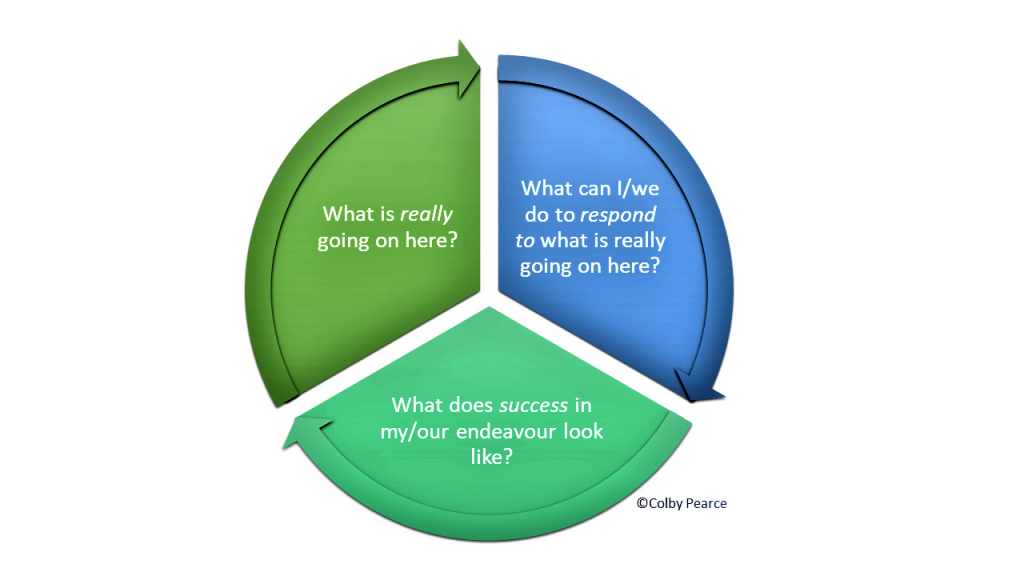
You can access more information about my programs by clicking the links below:
Triple-A Model of Therapeutic Care
The CARE Therapeutic Framework
Another place way to connect with my work is to follow my professional Facebook page:
To Connect with me on LinkedIn or Twitter click below:

References
[1] Pearce, C. (2016). A Short Introduction to Attachment and Attachment Disorder – Second Edition. London, Jessica Kingsley Publishers
[2] Pearce, C.M. (2010). An Integration of Theory, Science and Reflective Clinical Practice in the Care and Management of Attachment-Disordered Children – A Triple A Approach. Educational and Child Psychology (Special Issue on Attachment), 27 (3): 73-86
[3] Pearce, C & Gibson, J (2016), A Preliminary Evaluation of the Triple-A Model of Therapeutic Care, Foster, 2, 95-104
[4] Kahn, W. A. (2005). Holding Fast: The Struggle to Create Resilient Caregiving Organisations. Hove and New York: Brunner-Routledge
[5] Dooley, B & Fitzgerald, A (2015). My World Survey: National Study of Youth Mental Health in Ireland. UCD School of Psychology, Headstrong
[6] Ottman, G, Dickson, J, & Wright, P. (2006). Social Connectedness and Health: A Literature Review. Cornell University GLADNET Collection
[7] O’Rourke, H. M., & Sidani, Souraya. (2017). Definition, Determinants, and Outcomes of Social Connectedness for Older Adults: A Scoping Review. Journal of Gerontological Nursing, 439(7), pp 43-52.
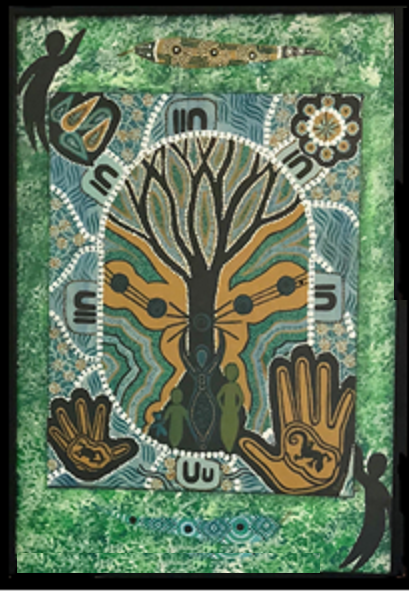









Pingback: Trauma-informed in South Australia: the Kinship CARE Project | Attachment and Resilience
Great read tthanks
Pingback: What do children in care need to recover from relational trauma? | Attachment and Resilience